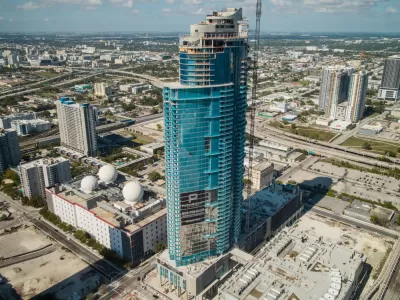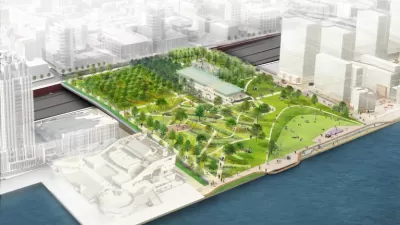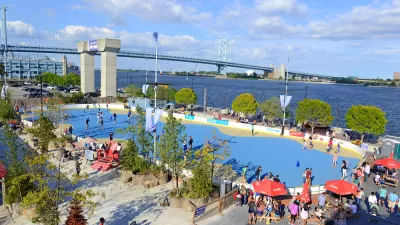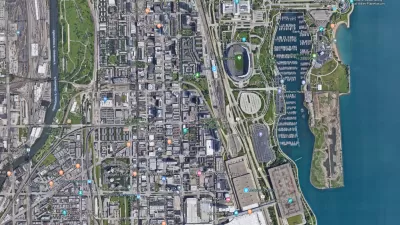The Miami Worldcenter mega-development is entering the delivery phase.

The Miami Worldcenter mega-development is in the progress of opening its doors to the public, as the 444-unit CAOBA residential component of the project has begun renting apartments for the first time this week, reports David WIlkening.
The $4 billion Miami Worldcenter is located just north of the city's Central Business District, with 27-acres of mixed-use development on the way, within walking distance of the Perez Art Museum and Miami Central Station.
When finished, Miami Worldcenter will include 1,875 residential unites. Retail components include an open-air mall with 3000,000 square feet for retail businesses. The development also includes a 45-story mixed-use tower that includes 500,000 square feet of Class A office space. Also included are 500,000 square feet of exhibition and meeting space and 1,700 hotel rooms.
FULL STORY: The Start of Something Big In Miami

Maui's Vacation Rental Debate Turns Ugly
Verbal attacks, misinformation campaigns and fistfights plague a high-stakes debate to convert thousands of vacation rentals into long-term housing.

Planetizen Federal Action Tracker
A weekly monitor of how Trump’s orders and actions are impacting planners and planning in America.

San Francisco Suspends Traffic Calming Amidst Record Deaths
Citing “a challenging fiscal landscape,” the city will cease the program on the heels of 42 traffic deaths, including 24 pedestrians.

In U.S., Urban Gondolas Face Uphill Battle
Cities in Latin America and Europe have embraced aerial transitways — AKA gondolas — as sustainable, convenient urban transport, especially in tricky geographies. American cities have yet to catch up.

Detroit Says Problems With Property Tax Assessments are Fixed. Advocates Disagree.
With higher-valued properties under assessed and lower-valued properties over assessed, advocates say there's still a problem with Detroit's property tax system.

Defunct Pittsburgh Power Plant to Become Residential Tower
A decommissioned steam heat plant will be redeveloped into almost 100 affordable housing units.
Urban Design for Planners 1: Software Tools
This six-course series explores essential urban design concepts using open source software and equips planners with the tools they need to participate fully in the urban design process.
Planning for Universal Design
Learn the tools for implementing Universal Design in planning regulations.
Heyer Gruel & Associates PA
JM Goldson LLC
Custer County Colorado
City of Camden Redevelopment Agency
City of Astoria
Transportation Research & Education Center (TREC) at Portland State University
Jefferson Parish Government
Camden Redevelopment Agency
City of Claremont





























